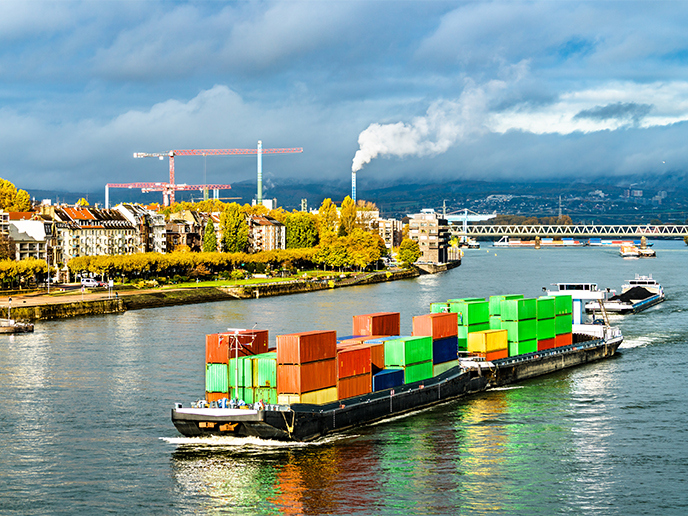A breath of fresh air for inland water transport
Because many inland ports and canals are located either in or nearby major urban areas, this pollution can have a direct impact on the health and well-being of citizens. Helping inland waterway transport clean up its act is CLINSH. The project explored how various emission-reduction technologies, along with the use of alternative fuels and onshore power supply, can reduce air pollutants. It also demonstrated how these approaches can be applied to Europe’s existing inland water fleet. When vessels adopted the project’s emission-reducing solutions, NOx and particulate matter emissions decreased by 25 % and 69 % respectively.
Keywords
CLINSH, waterborne transport, CINEA, sustainability, EU-funded, research, shipping, freight, inland waterway, port, alternative fuel, wind, methanol



